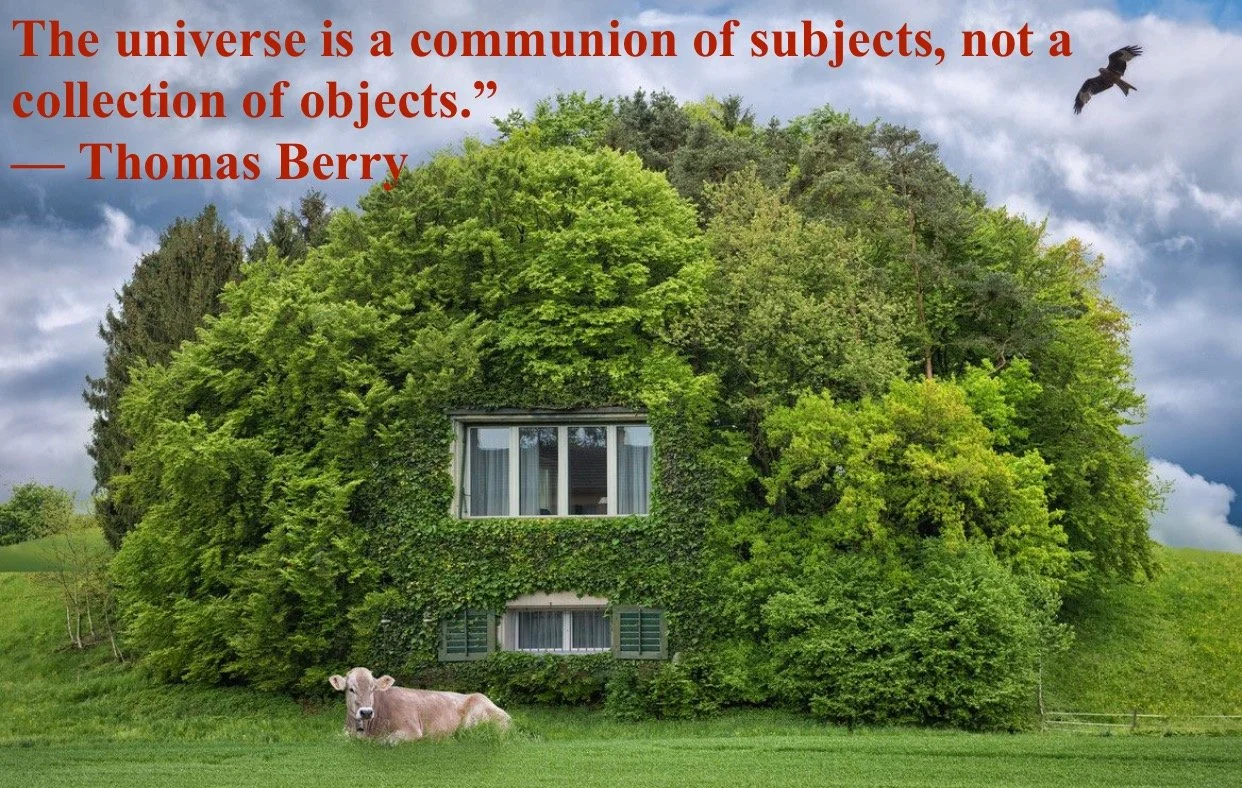A regenerative interaction design transforms technology and infrastructure from intrinsically extractive to intrinsically reciprocal. Our thoughts and beliefs are the starting point for the regenerative outcome. When the feedback loops are witnessed as life in our immediate environment blossoming and thriving as a consequence of our behavior, the directly experienced causality becomes embodied and self-reinforcing. The heavy preaching of morality, judgement and criticality of conventional environmental culture are replaced by an internal knowing and celebration of the undeniable truth our ancient biology expresses, even in a modern context. Over time, the aggregation of these personal experiences can become institutional culture and the internal lubrication for the myriad mechanisms of a deeply regenerative economy.
The metrics for measuring this intrinsic potential to regenerate are easily quantified as data with conventional science. Pure water, fertile soil, healthy food, stable climate, bio-diverse ecosystems and a prosperous culture. Our methods are based in relationship building and our ability to see through the often thick fog of institutional noise and bureaucratic inertia. When the deeper yearnings and nuances of cultural context crystallize we can scout and map the tipping points into regenerative humanism.
The measurable objectives of regenerative humanism:
1) Reversing extirpation - The epidemic displacement of native flora and fauna is one of the most tragic byproducts of modern civilization. We focus on extirpation, a.k.a. local extinction, because it effects and is affectable by everyone. Natural historians, ethno-ecologists and biologists can show us what has been lost and through natural dispersal, habitat restoration and corridor connectivity humans can bring back these important top down and bottom up trophic regulators.
2) Rewilding Agriculture - Agro-pastoral, perennial polycultures are far higher yielding and offer more ecosystem services than industrial monocultures. These pseudo-domestic landscapes require higher inputs of human planning but pay off in resilience, quality of life and social benefit.
3) Regenerative Industry - Thoughtless industrialism and antiquated business models are economically and ecologically self-destructive. Regenerative, zero waste and socially just frameworks can proffer humankind with resilience, interconnectivity and prosperity.
4) Cultivating Regenerative Culture - In watersheds, farms and cities across the planet people are exploring regeneration as a primary human activity. We aim to synergize, magnify and celebrate these efforts.
Rehuman - \ˈRĒhyü-mənˈ\ - Normalizing epigenetic manifestations of ecological fusion, a portmanteau of regenerative and humanism.
